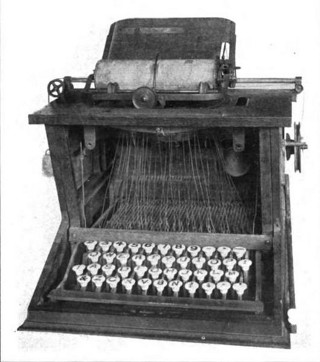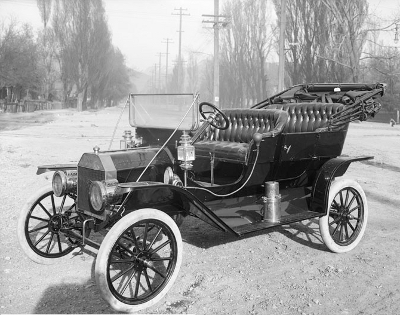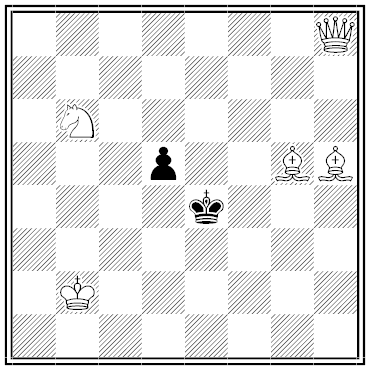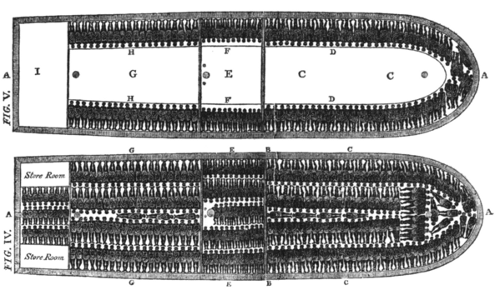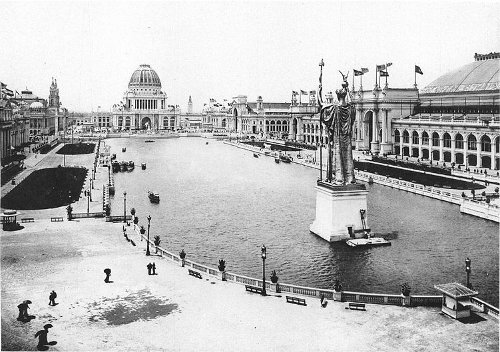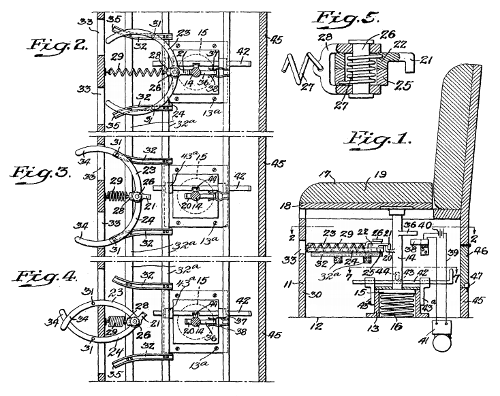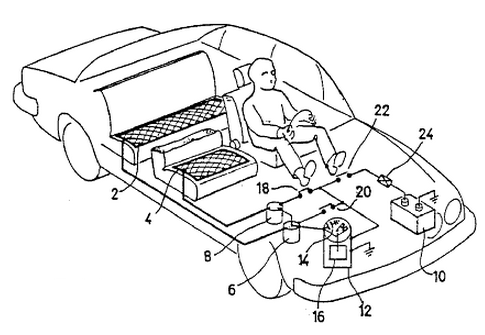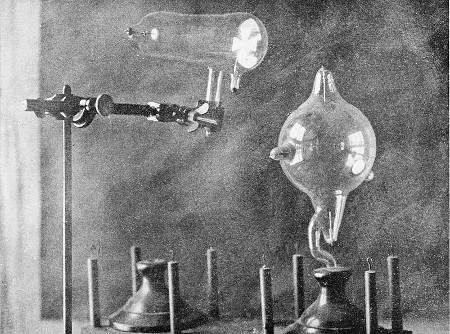
When the Cavendish Laboratory at Cambridge University instituted an annual dinner in 1897, it began a tradition of “postprandial proceedings” — typically songs sung around a piano. This air, “Ions Mine,” was sung to the tune of “Clementine”:
In the dusty lab’ratory,
‘Mid the coils and wax and twine,
There the atoms in their glory
Ionize and recombine.
(chorus) Oh my darlings! Oh my darlings!
Oh my darling ions mine!
You are lost and gone forever
When just once you recombine!
In a tube quite electrodeless,
They discharge around a line,
And the glow they leave behind them
Is quite corking for a time.
(repeat chorus)
And with quite a small expansion,
1.8 or 1.9,
You can get a cloud delightful,
Which explains both snow and rain.
(repeat chorus)
In the weird magnetic circuit
See how lovingly they twine,
As each ion describes a spiral
Round its own magnetic line.
(repeat chorus)
Ultra-violet radiation
From the arc of glowing lime,
Soon discharges a conductor
If it’s charged with minus sign.
(repeat chorus)
Alpha rays from radium bromide
Cause a zinc-blende screen to shine,
Set it glowing, clearly showing
Scintillations all the time.
(repeat chorus)
Radium bromide emanation,
Rutherford did first divine,
Turns to helium, then Sir William
Got the spectrum, every line.
(repeat chorus)
The fourth verse was contributed by J.J. Thomson himself.


